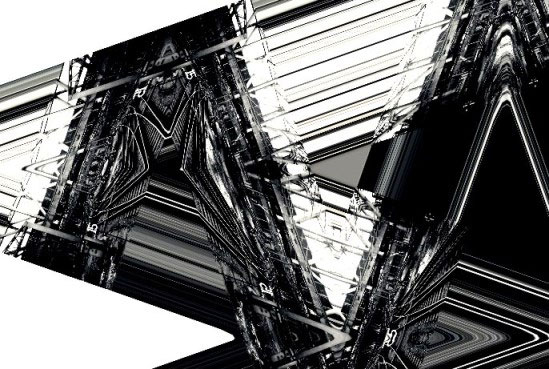
It is no longer enough to think in terms of changing the world through the arts anymore.
The arts are a form of prurient entertainment. – J G Ballard
Just for one fleeting moment accept a common view of art history; a scheme which asserts that Abstract Art was the ‘progressive’ evolutionary culmination of the avant-garde.
Now, it is possible to articulate a disturbing observation.
Perhaps this ‘progress’ – from Realism via Impressionism and Fauvism, to the ‘pure’ Abstraction of De Stijl and Suprematism – perhaps this was, in fact, a progressive retreat: a reactionary retreat from reality. One might suggest that avant-garde-ism is ‘progressive’ in the same way that some diseases are ‘progressive’ – and of course, because progress is often uneven, the patient may experience a relapse, or an illness may go into remission. Brancusi tried to forestall this suggestion of progress when he denigrated as “imbeciles” all those who “call my work abstract”. For him Abstraction was an attempt to capture the essence of things, to capture ‘the idea’; and the Idea was ultimate reality. This way he tried to define his aesthetic as ‘more real’ than the Realists, yet it is tempting see such explanations as confirming our proposal.
There is no law to prevent us defining Brancusi’s aesthetic as regressive, as retrograde as a cultural relapse, a return to ancient philosophical conceptions – namely a re-affirmation of that pernicious Platonist belief in a perfect, changeless, supernal, ‘higher’ world; a world ‘beyond’ or ‘above’ mundane appearances.
Wyndham Lewis was probably correct when he asserted that ‘anti-natural’ art movements faced an impasse in the early decades of the twentieth century. He observed how ‘pure’ abstraction contained within it the seeds of its own demise. Modern Painting now appears a dead-end development, a completed project – a ‘head-in-the-clouds adventure’, or, more charitably, an exhausted phase of a wider Modernism.
Even so, it is instructive to ponder the dynamics of escapism and to reflect upon the cultural significance of unreality. How is it that ideas of, or beliefs in, ‘ultimate reality’ are the most unreal ideas of all? In fact such phenomena are not really ideas as such, but phantoms of wish-fulfilment, or, and this is more likely, symptoms of a common malaise – delirium’s fevered imaginings masquerading as profound thoughts. The antique provenance of such thoughts ensures the reverence of subsequent generations who, out of sheer cowardice, always like to think that a viewpoint sanctified by longevity is preferable to conclusions derived from unmediated experience.
Remember, any art that is not therapy or entertainment is propaganda.
.
A.C. Evans
